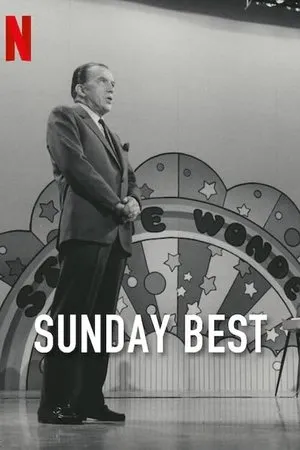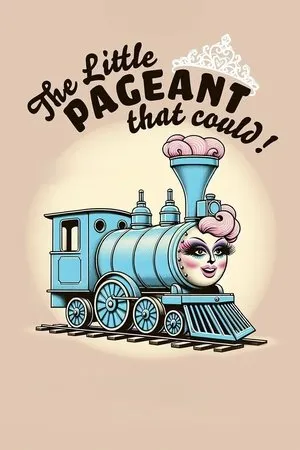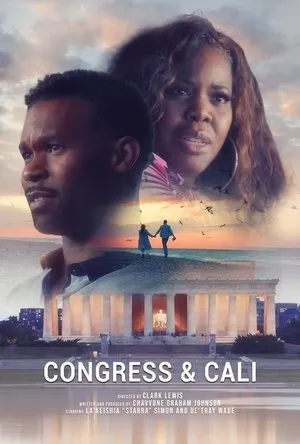Ed Sullivan, a name synonymous with American television history, was more than just a charismatic host; he was a cultural force who subtly reshaped the landscape of entertainment and challenged the prevailing norms of his time. The documentary “Sunday Best: The Untold Story of Ed Sullivan” delves into the lesser-known aspects of Sullivan’s career, particularly his commitment to showcasing Black artists on his immensely popular Sunday night variety show. This decision, seemingly simple in retrospect, was a bold and groundbreaking move that had far-reaching implications for both the entertainment industry and the burgeoning civil rights movement. In an era marked by segregation and racial prejudice, Ed Sullivan used his platform to provide a stage for talented Black performers who were often denied access to mainstream media. He recognized their talent and understood the importance of representation, making a conscious effort to include them in his show’s lineup. This was not merely a matter of filling a quota; Sullivan genuinely appreciated the artistry and cultural significance of these performers, and he wanted to share their gifts with a wider audience. The documentary meticulously chronicles the challenges Sullivan faced in his quest to integrate his show. He encountered resistance from sponsors, network executives, and even some segments of the viewing public who were uncomfortable with seeing Black and White performers sharing the same stage. Despite these obstacles, Sullivan remained steadfast in his commitment, often using his own influence and resources to overcome the opposition. He understood that his show had the power to influence public opinion and promote understanding, and he was determined to use it for good. One of the most compelling aspects of the documentary is its exploration of the impact Sullivan’s choices had on the careers of the Black artists he featured. Performers like Nat King Cole, Ella Fitzgerald, Sammy Davis Jr., and the Supremes gained unprecedented exposure through their appearances on “The Ed Sullivan Show.” This exposure not only boosted their individual careers but also helped to break down racial barriers in the entertainment industry as a whole. These artists became household names, and their success paved the way for future generations of Black performers. Beyond the immediate impact on individual careers, Sullivan’s actions had a profound effect on the broader civil rights movement. By showcasing Black artists in a positive and respectful light, he helped to challenge stereotypes and promote a more inclusive vision of American society. His show became a symbol of progress and hope, demonstrating that it was possible for people of different races to come together and celebrate their shared humanity. The documentary also examines the personal motivations behind Sullivan’s commitment to equality. While he was not an outspoken activist, he had a deep-seated sense of fairness and justice. He believed that everyone deserved an opportunity to succeed, regardless of their race or background. This belief was shaped by his own experiences as an outsider and his understanding of the struggles faced by marginalized communities. In addition to its focus on Sullivan’s efforts to promote racial equality, the documentary also provides a broader overview of his career and the impact of “The Ed Sullivan Show” on American culture. The show was a cultural phenomenon that captivated audiences for over two decades. It featured a diverse array of performers, from musicians and comedians to dancers and acrobats, and it helped to shape the tastes and trends of the American public. “The Ed Sullivan Show” was more than just a television program; it was a reflection of the changing times and a window into the soul of a nation. “Sunday Best: The Untold Story of Ed Sullivan” is a timely and important film that sheds light on a crucial chapter in American television history. It celebrates the legacy of a man who dared to challenge the status quo and use his platform to promote equality and understanding. The documentary serves as a reminder of the power of media to shape public opinion and the importance of representation in creating a more just and equitable society. It is a must-see for anyone interested in the history of television, the civil rights movement, or the life and career of Ed Sullivan. The film underscores the importance of recognizing and celebrating the contributions of those who have worked to break down barriers and create a more inclusive world. Ed Sullivan’s legacy extends far beyond the realm of entertainment; he was a true pioneer who helped to pave the way for a more just and equitable society. His commitment to showcasing Black artists on his show was a testament to his courage, his vision, and his unwavering belief in the power of equality. “Sunday Best: The Untold Story of Ed Sullivan” is a fitting tribute to this remarkable man and his enduring legacy.

Sunday Best: The Untold Story of Ed Sullivan (2025)
This documentary, "Sunday Best: The Untold Story of Ed Sullivan," explores Ed Sullivan's groundbreaking decision to feature Black artists on his popular Sunday night variety show. It highlights how Sullivan defied societal norms and broke racial barriers during a time of segregation and prejudice. The film celebrates Sullivan's courage and foresight in promoting equality and providing a platform for talented performers who were often excluded from mainstream media. It examines the impact of his choices on both the entertainment industry and the broader civil rights movement, underscoring his lasting legacy as a champion of diversity and inclusion.











